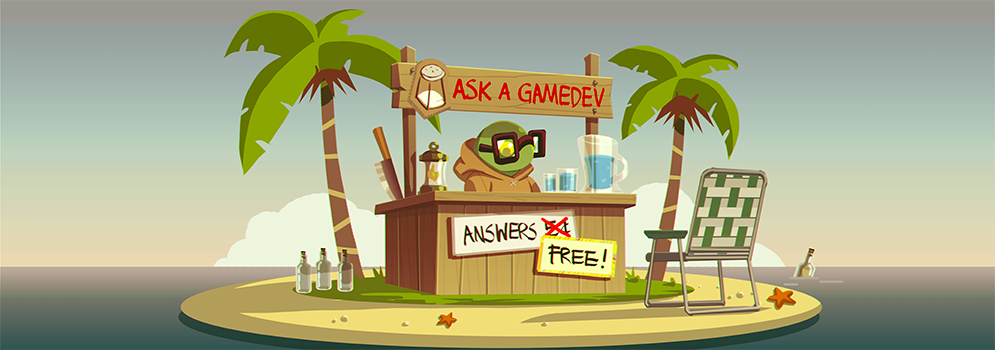Is there a brain exercise that you can do to improve your skill in game design?
Game design is a skill like any other. People tend to improve at skills through two primary approaches: practice and study. Thus, in my opinion the most useful exercises are the ones that allow you to practice game design, study it, or both.
If you want to practice game design, build game design prototypes and try stuff out. At the basic level, you can try coming up with house rules for a game you already know, like seeing how different chess would play if each team had four knights and no bishops, or removing scissors from Rock-Paper-Scissors. What about these variations works and what doesn’t? If you feel ambitious, step it up by [downloading a game toolset] and making your own mods or game content. Build a quest in Skyrim or a new map in Starcraft 2 or Portal. Come up with a new format for Magic: The Gathering. Then, once you’ve gotten it playable, ask friends/family/acquaintances to try it out for you and gather their feedback. What could you do better? What worked and didn’t work? Why?
If you want to study games, I suggest playing a lot of different games and analyzing them - especially games that aren’t the kind of game you normally like to play. There are a lot of available and fairly niche game experiences out there - games for children, freemium mobile games, MMOGs, sports titles, simulation titles, strategy titles, and so on. At the very least, you can grab every weekly free game on the Epic Game Store and play them. As you play through each game, keep the analytical part of your brain on. What parts of the game work and what don’t? Why do you think they made this particular choice instead of that one? Who do you think this feature or content is this for?
This isn’t playing the games for fun, or at least not for the usual reason people play games. This is studying and you should treat it as such. Take notes down as you play and review each game later. See if you can find discernible patterns in the various games you’ve studied. Think about those patterns and what purpose they serve. Are the reasons the same? Remember, every feature and piece of content in a game was put there deliberately. There is a reason for it. The better you are at figuring out why they did certain things, the better you will be at figuring out when and where you would want to do something similar.
For best results, I suggest a mixture of both approaches. Let your observations from the games you’ve played direct the kind of prototypes and design experiments you try. If your experiments make you think of gameplay from a different kind of game, track down some good and bad games in that space and try them out. See what makes them good or bad. See if there are any interesting things to learn from them, especially the bad games. It is very rare to find a game with no redeeming qualities whatsoever - I’ve learned as much from playing bad games as I have from good ones. The goal is to increase your overall understanding of what tools might be available, how much it costs (time, effort, learning, etc.) to use those tools, and when those tools might be appropriate. Then, when you want to craft a particular experience within a game, you understand which tools to use.
[Join us on Discord] and/or [Support us on Patreon]
The FANTa Project is being rebooted. [What is the FANTa project?]
Got a burning question you want answered?
- Short questions: Ask a Game Dev on Twitter
- Long questions: Ask a Game Dev on Tumblr
- Frequent Questions: The FAQ

